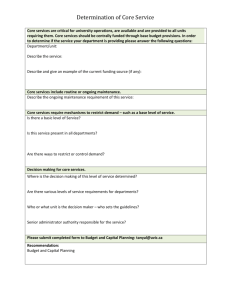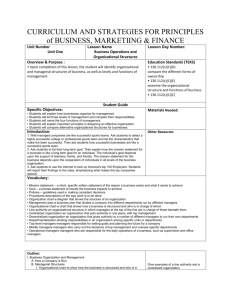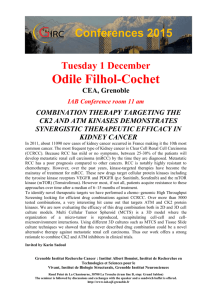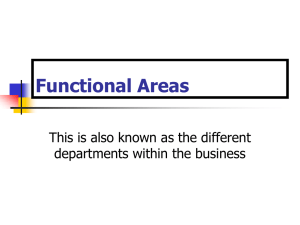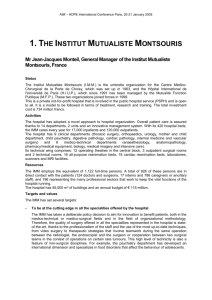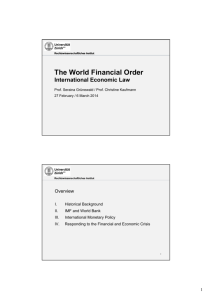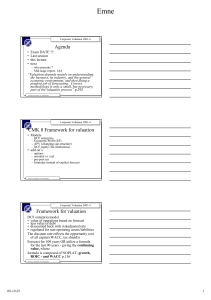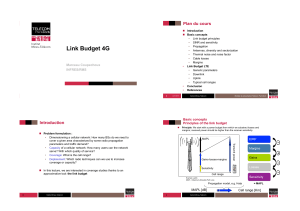ARTICLE DE PRESSE
advertisement
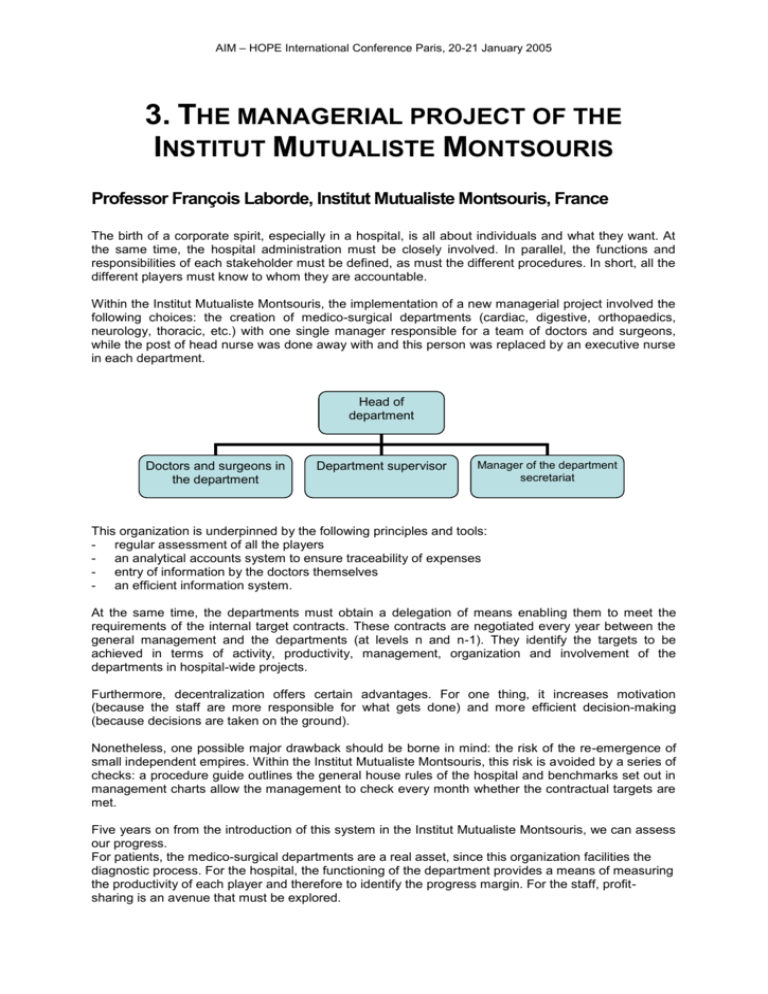
AIM – HOPE International Conference Paris, 20-21 January 2005 3. THE MANAGERIAL PROJECT OF THE INSTITUT MUTUALISTE MONTSOURIS Professor François Laborde, Institut Mutualiste Montsouris, France The birth of a corporate spirit, especially in a hospital, is all about individuals and what they want. At the same time, the hospital administration must be closely involved. In parallel, the functions and responsibilities of each stakeholder must be defined, as must the different procedures. In short, all the different players must know to whom they are accountable. Within the Institut Mutualiste Montsouris, the implementation of a new managerial project involved the following choices: the creation of medico-surgical departments (cardiac, digestive, orthopaedics, neurology, thoracic, etc.) with one single manager responsible for a team of doctors and surgeons, while the post of head nurse was done away with and this person was replaced by an executive nurse in each department. Head of department Doctors and surgeons in the department Department supervisor Manager of the department secretariat This organization is underpinned by the following principles and tools: - regular assessment of all the players - an analytical accounts system to ensure traceability of expenses - entry of information by the doctors themselves - an efficient information system. At the same time, the departments must obtain a delegation of means enabling them to meet the requirements of the internal target contracts. These contracts are negotiated every year between the general management and the departments (at levels n and n-1). They identify the targets to be achieved in terms of activity, productivity, management, organization and involvement of the departments in hospital-wide projects. Furthermore, decentralization offers certain advantages. For one thing, it increases motivation (because the staff are more responsible for what gets done) and more efficient decision-making (because decisions are taken on the ground). Nonetheless, one possible major drawback should be borne in mind: the risk of the re-emergence of small independent empires. Within the Institut Mutualiste Montsouris, this risk is avoided by a series of checks: a procedure guide outlines the general house rules of the hospital and benchmarks set out in management charts allow the management to check every month whether the contractual targets are met. Five years on from the introduction of this system in the Institut Mutualiste Montsouris, we can assess our progress. For patients, the medico-surgical departments are a real asset, since this organization facilities the diagnostic process. For the hospital, the functioning of the department provides a means of measuring the productivity of each player and therefore to identify the progress margin. For the staff, profitsharing is an avenue that must be explored.


